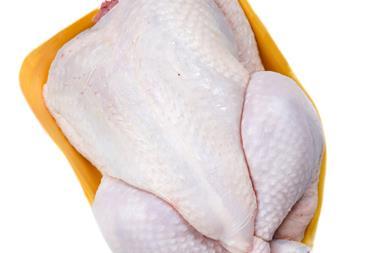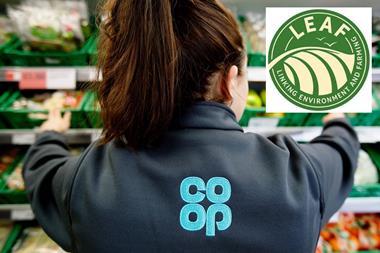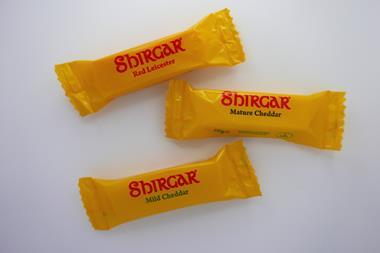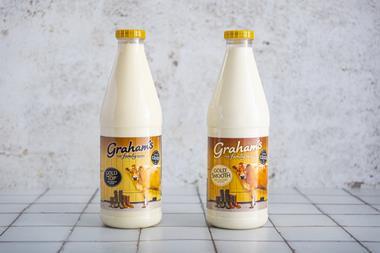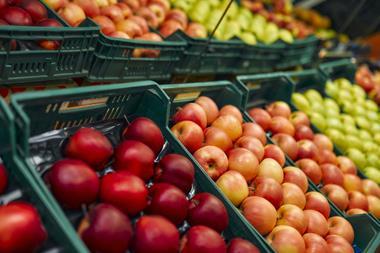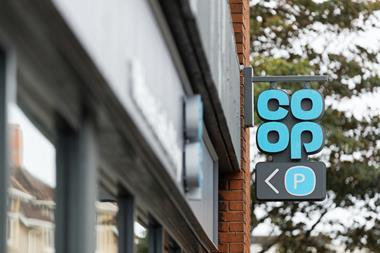Small stores lag behind chains on tackling chicken bacteria
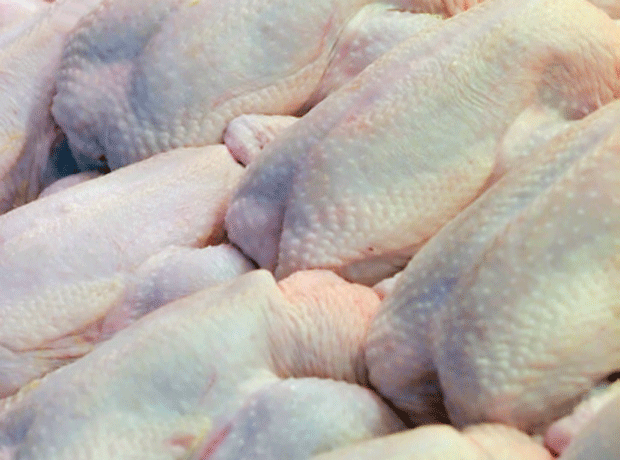
The independent sector is trailing the big supermarket chains when it comes to ensuring chicken is free from campylobacter contamination, the Food Standards Agency (FSA) has warned
ALREADY HAVE A REGISTERED USER ACCOUNT? PLEASE LOG IN HERE
To read the full story join the ConvenienceStore.co.uk community today!
Registration is quick and easy and provides access to:
- Unlimited ConvenienceStore.co.uk articles
- Our great range of newsletters
- Content you’ve saved for later via the ‘my library’ feature
And much more…




















